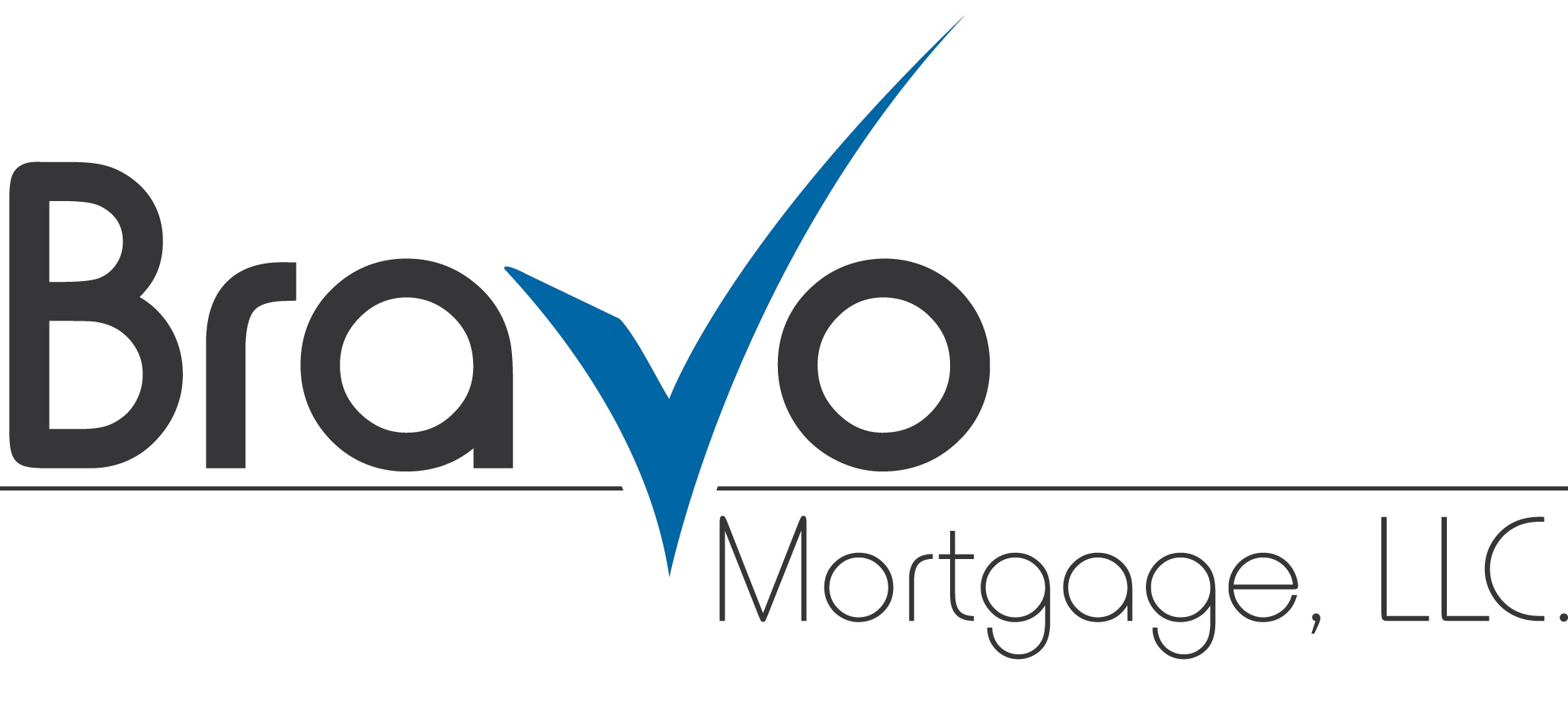SBA 7A Commercial Real Estate Loans
The SBA 7(a) loan program is the Small Business Administration's primary way of helping small businesses secure financing. These are the most common types of loans that the SBA guarantees, and the administration guarantees tens of thousands of them each year. While businesses must meet strict criteria to qualify, many small businesses -- including many real estate businesses -- are eligible for SBA 7(a) loans.

SBA 7(a) Commercial Property Loan Highlights
Eligible Properties:
Loan amount range:
Interest Rate:
Loan Term:
Amortization:
Maximum LTV:
Minimum DSCR
Minimum Debt Yield:
Recourse:
Prepayment:
Guaranty Fees:
Reserves:
Advantages of SBA 7(a) Loans
SBA 7(a) loans’ features create significant advantages that make these loans attractive to eligible small businesses:
- Availability: May be available even if other financing options aren’t. The SBA’s guarantee gives lenders more reassurance, so they’re more willing to underwrite these loans.
- Maximum Interest Rates: Set by the SBA, so businesses know they’ll pay a fair and competitive rate.
- Loan Amounts: Available in a wide range of amounts, and they can be underwritten as a traditional loan or a line of credit. Depending on the program, loaned amounts can range from less than $150,000 up to $5 million.
Disadvantages of SBA 7(a) Loans
Despite their many advantages, there are also some drawbacks to SBA 7(a) commercial real estate loans that make them unsuitable for certain situations:
- Requirements: Businesses must meet the SBA’s eligibility requirements, which often include a credit check. Not all businesses are eligible.
- Prepayment Penalty: Potentially unsuitable in situations where businesses expect to pay off or refinance a loan in just a few years.
- Personal Guarantee: Business owners are still personally responsible for the loans even though the SBA also guarantees a portion of them.
- Approval Process: Although these loans are assumable, the SBA’s approval process for a transfer of ownership makes assuming these loans somewhat cumbersome.
- Adjustable Rate: The most common 7(a) loan is a quarterly adjustable.
SBA 7A FAQ’s
The Small Business Administration doesn’t directly underwrite loans but instead provides guarantees through a variety of programs. The name for the agency’s main program comes from Section 7(a) of the Small Business Act of 1953, which authorized the administration to provide loan guarantees for small businesses in the United States.
The SBA 7(a) loan program actually consists of multiple loan guaranty programs that are authorized under Section 7(a). Not all of these programs are available to real estate businesses, but several of the more notable individual programs are.
The primary individual program that’s of interest to real estate businesses is the SBA Standard 7(a) Loan. Other programs that may be helpful are the SBA 7(a) Small Loan, the SBA Express Loan, the SBA Veterans Advantage, and the SBA CAPlines. (The SBA Express Loan is different from the SBA Export Express, which is only for export businesses.)
Additionally, SBA 7(a) commercial real estate loans may be used to finance distressed properties. Because the loans are guaranteed by the Small Business Administration, lenders may be more willing to underwrite one for a property that’s not really suitable collateral.
The advantage of 7(a) program over the 504 is when a sale of a business is combined with a sale of commercial property and working capital is needed. As SBA forbids financing a business purchases or working capital under the 504 guidelines.
SBA Express Loans act as lines of credit, which can be helpful when completing a building or renovation project. These are available for up to $350,000, of which the SBA will guarantee as much as 50%. The loan duration can be up to 7 years. A notable benefit, the SBA will respond to applications for this type of loan within 36 hours.
CAPLines also function as lines of credit, and there are four types of CAPLines available. The most relevant to real estate is the Contract CAPLines and Builders CAPLines, although both are normally purchased by contractors rather than investors. These lines of credit last for up to 10 years or 5 years (for Builders CAPLines).
The SBA’s Veteran’s Advantage doesn’t offer a specific loan type but is rather a fee-reducing benefit that can be applied to any other SBA loan program. The majority of veteran-owned businesses can apply for this after applying to their desired loan program.
Maximum Interest Rate: Since the SBA sets maximum interest rates for each of these loan programs, businesses know that their loans will come with fair rates. These loans are intended for situations where businesses can’t secure affordable and reasonable financing without assistance, and many businesses that are in such situations would otherwise pay extremely high-interest rates.
Prepayment Penalty: Businesses should be aware that all SBA 7(a) loans come with prepayment penalties. The penalty time frame, amount, and structure vary among individual Section 7(a) programs.
Loan Assumption: SBA 7(a) loans are assumable, so long as the purchasing business meets the SBA’s eligibility requirements. Transferring one of these loans to a purchasing business requires going through an approval process with the SBA.
Personal Guaranty: Although the SBA guarantees these loans, all Section 7(a) loans require a personal guaranty by anyone who owns 20% or more in the business.
BRAVO MORTGAGE
We bring a customized, unique approach to mortgages. Our lending solutions use the perfect hybrid of human-driven insights and technical prowess to process loans faster and significantly reduce costs.
PHONE
FAX
ADDRESS
Miami Florida 33186
Disclosure:
The content provided within this website is presented for information purposes only. This is not a commitment to lend or extend credit. Information and/or dates are subject to change without notice. All loans are subject to credit approval. Other restrictions may apply. Mortgage loans may be arranged through third party providers.




